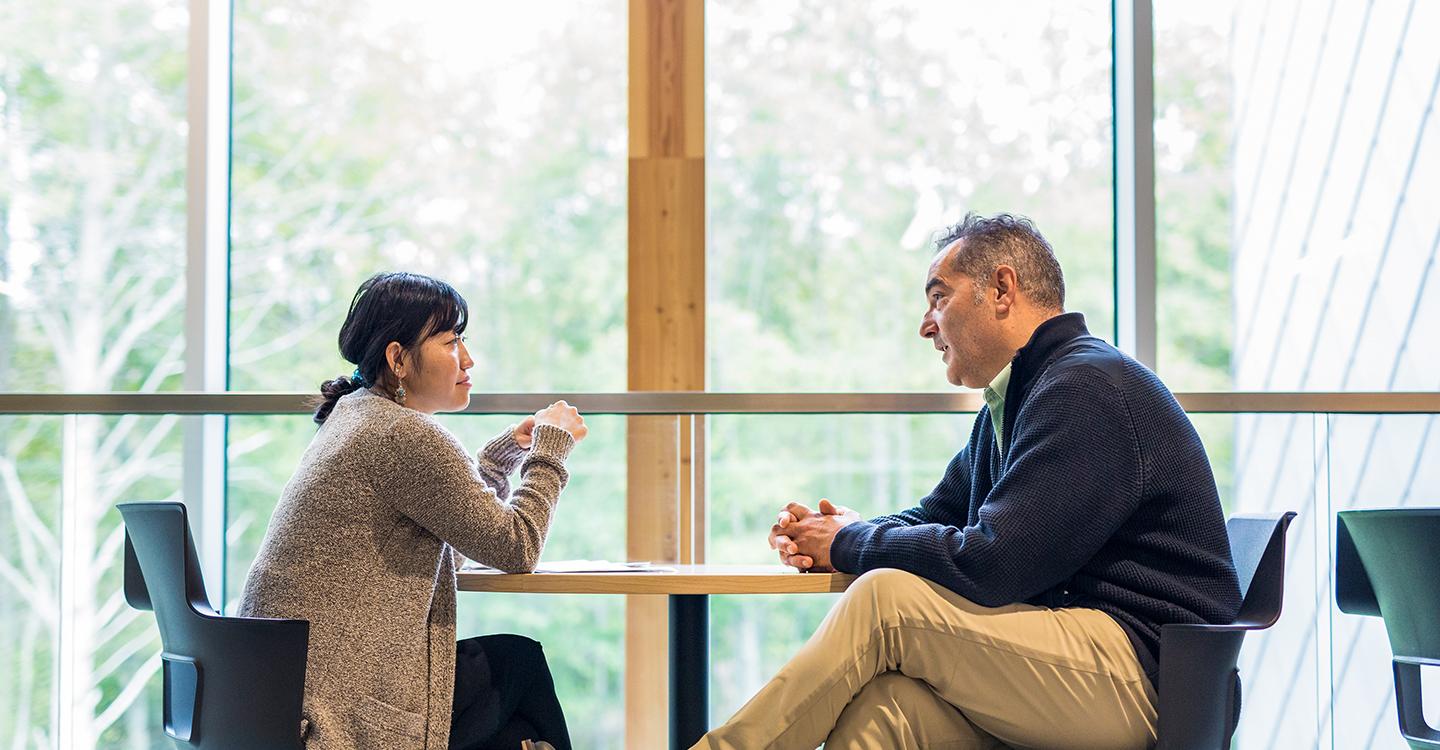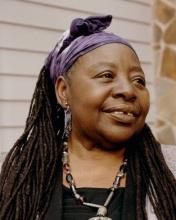Let’s Work on Creating “Democratic Speech Environments”

Loretta Ross is a Black Feminist who has been best known for her lifelong human rights activism and educational leadership for women of colour. Among other things, she was the national coordinator of the SisterSong Women of Color Reproductive Justice Collective and co-created the theory of Reproductive Justice. She was national co-director of the April 25, 2004, March for Women’s Lives in Washington D.C., the largest protest march in U.S. history at that time with 1.15 million participants. She founded the National Center for Human Rights Education in Atlanta. She is currently a Visiting Associate Professor of the Study of Women and Gender at Smith College in Massachusetts.

A Call for Inclusion
In the current surge of activism for racial justice not only in the U.S. but in our own country and around the world, she has a powerful message for us: “Don’t call people out; call people in!”. In her op-ed last year in The New York Times, she explains, “Call-outs happen when people publicly shame each other online, at the office, in classrooms or anywhere humans have beef with one another. But I believe there are better ways of doing social justice work” (August 17, 2019). She notes that this behavior has become much more dangerous with the speed and reach of social media, and which, she points out, has put “’cancel culture’, the practice of ostracizing people, on steroids.
Engaging Respectfully
Ross identifies two problems with “call outs” and “cancel culture”. The first is that they are individually focused, destructive practices that do not advance social justice reforms in practice. Racism and related inequities are primarily systemic in nature. Transformational attention on institutional and societal policies and practices is where real and sustained change happens. The second problem is more subtle but even more devastating. Call-outs and cancel cultures shut down public discussion among different people with different views about social issues for fear of making mistakes that will be punished. This contributes to societal polarization that is opportune for authoritarianism, a trend observable across Western democracies currently. In an interview on CNN’s Amanpour and Company (Nov. 24, 2020), Ross said that she sees the need for “democratic speech environments” in which people who have differing views can engage respectfully, “using sentences of invitation that asks people to tell us more instead of assuming the worst about them”.
How do we do that? We can consciously create and respond to opportunities to speak with people who view issues differently than we do. We can resist our impulse to stay in our ‘perspective bubble’ which the Internet is amplifying and accelerating. Instead, we need to venture out and bravely engage different viewpoints. We can learn to communicate across those differences even when it seems difficult and uncomfortable with the purpose of learning the meaning of others’ perspectives to them. Creating democratic speech environments does not mean relaxing our work for redressing inequities and injustice. It is about strengthening our democracy which is essential to ensuring equity and justice. This paradox is resolved through practicing inclusion, caring for others who are, like us, are ‘works in progress’. As Loretta puts it, “Calling-in engages in debates with words and actions of healing and restoration… Calling-in is simply calling-out done with love.” Exemplifying in action the paradox, a few weeks ago New York Times editor, Jessica Bennett, cited Professor Ross: “Some people you can work with and some people you can work around. But the thing that I want to emphasize is that the calling-in practice means you always keep a seat at the table for them if they come back.”
References
Bennett, Jessica (2020) What if Instead of Calling People Out, We Called Them In? The New York Times, Section D, Nov. 19, https://www.nytimes.com/2020/11/19/style/loretta-ross-smith-college-cancel-culture.html?searchResultPosition=1
Ross, Loretta (2019) I’m a Black Feminist, I think Call-Out Culture is Toxic. The New York Times, Opinion, Aug. 17. https://nyti.ms/2NcRJZG
Loretta Ross photo is from the New York Times https://www.nytimes.com/2020/11/19/style/loretta-ross-smith-college-cancel-culture.html?searchResultPosition=1